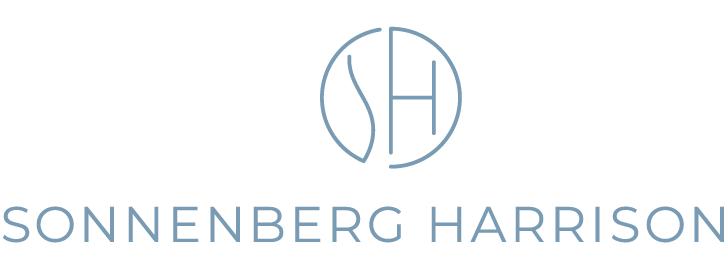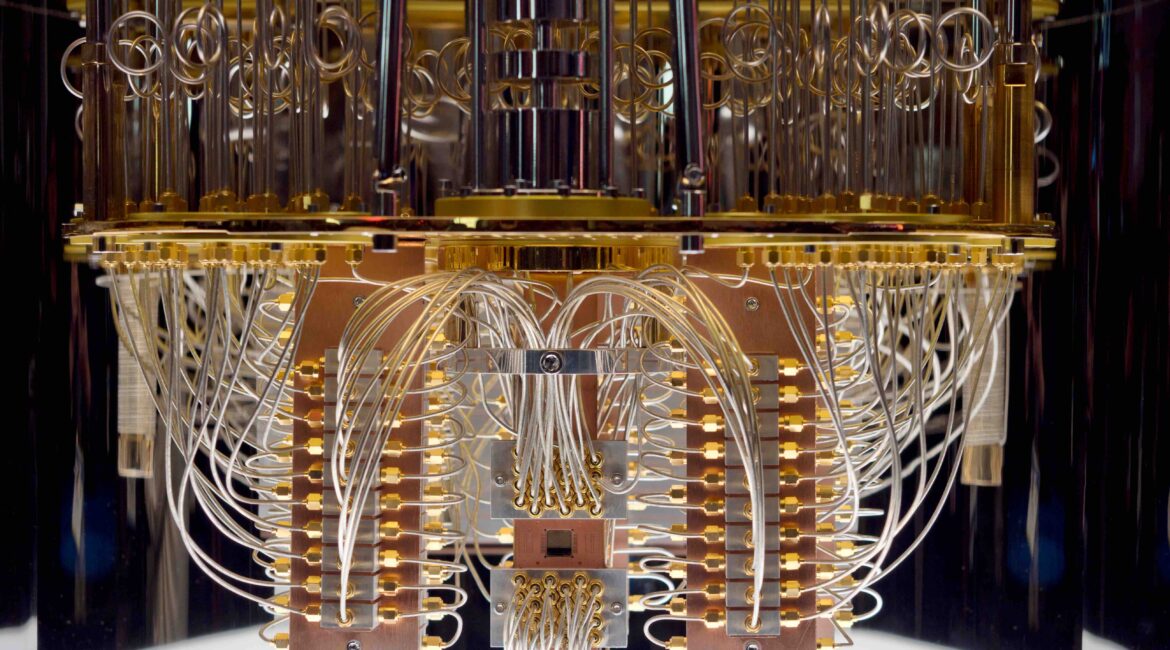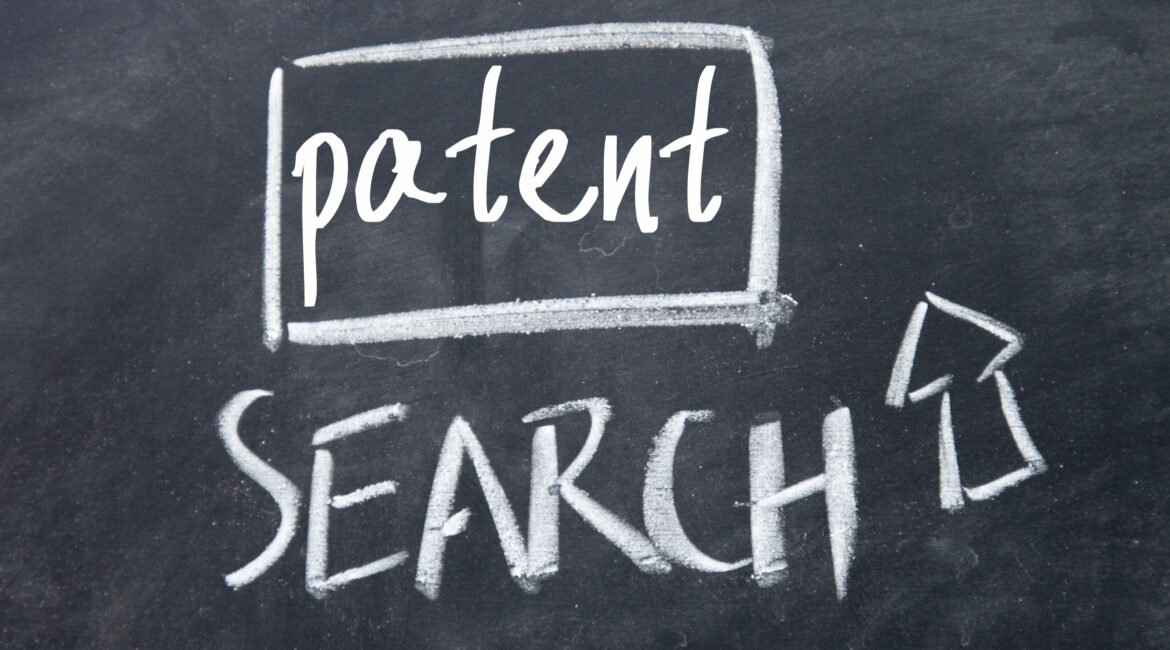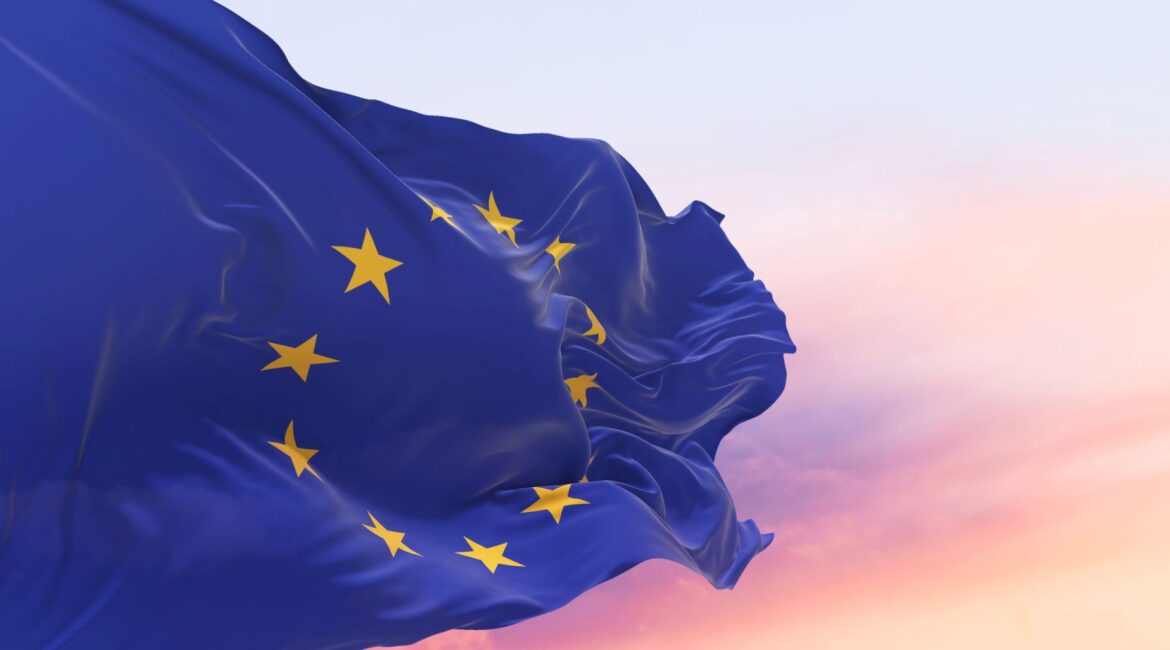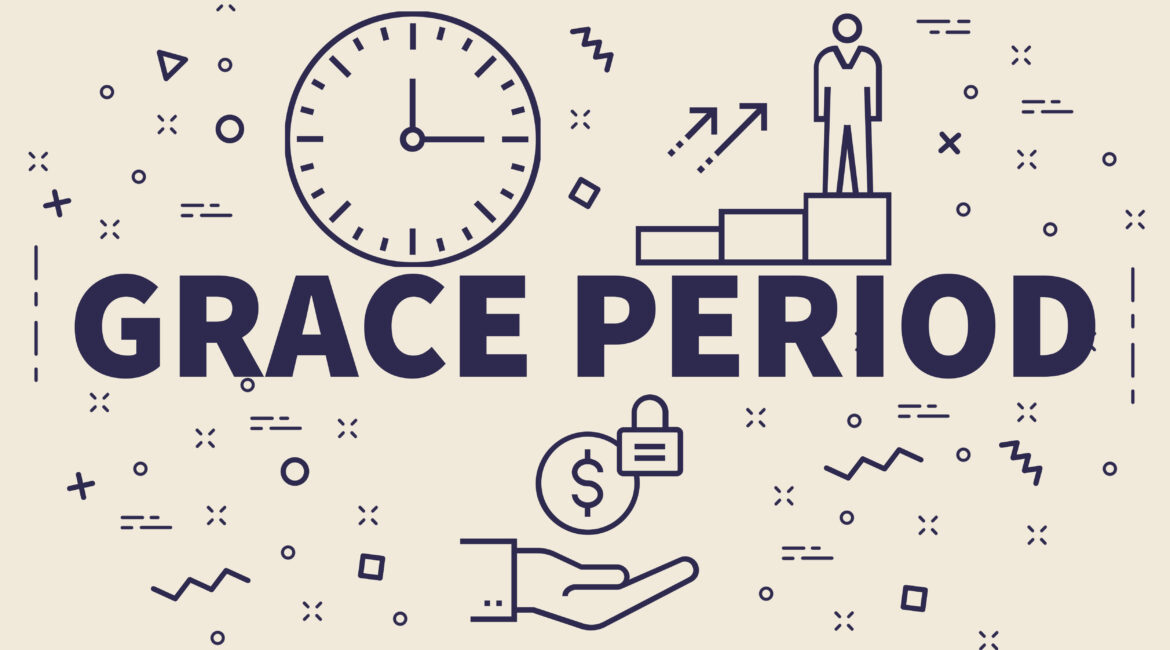This week three of our colleagues (Robert Harrison, Kilian Müller, and Eva Magd) took part in the EU-organised conference on Industrial Technologies 2022, held in Grenoble (France). The event is designed for research and technology organizations (RTOs), representatives of industrial companies as well as policymakers to discuss current trends, challenges...
Preparing Patent Specifications for Quantum Technologies
The requirements for a patent specification or description for an invention in the field of quantum technology are the same as for other patents. It is necessary to show that the claims of the granted patent define the subject matter for which patent protection is sought and the granted claims...
When is an invention “novel”?
One of the key requirements to get a patent application is that the invention needs to be "new" or "novel". That may sound a simple definition - the European Patent Convention states an invention is "considered to be new if it does not form part of the state of the...
Unified Patent Court – Administrative Committee established
The next step in setting up the new European Unified Patent Court has been established on 22 February with the inaugural meeting of the Court's Administrative Committee, according to an announcement on the court's website. The meeting adopted a number of items of secondary legislation, including the rules on the...
Quantum Computing Innovations
Regular analyses of patent applications world wide show that quantum computing is one of the fastest growing technologies and governments are investing large sums of money. One prediction, dating from 2020, suggests that the quantum computing market could read USD 1 trillion by 2035. With such large sums being poured...
Europäischer Fonds unterstützt IP von kleinen und mittelständischen Unternehmen (KMU)
Die Europäische Kommission hat einen Fonds eingerichtet, der kleine und mittelständische Unternehmen mit Sitz in der EU dabei unterstützen soll Rechte in Bezug auf geistiges Eigentum (IP) zu erhalten und durchzusetzen. Darunter fallen zum Beispiel Patente, Marken und Gebrauchsmuster. Die Umsetzung des Fonds zeigt geringfügige Unterschiede von Land zu Land....
European Fund supporting IP for SMEs
The European Commission has implemented a fund to support European Union based small and medium-sized enterprises to obtain and exploit intellectual property rights, such as patents, trademarks and designs. The way the fund operates is slightly different from country to country. Generally, it provides support to SMEs of up to...
Artificial Intelligence Systems are not inventors in Europe
Shortly before Christmas, the European Patent Office’s Board of Appeal rejected an application to name an artificial intelligence system, Dabus, as an inventor on two patent applications EP 18 275 163 and EP 18 275 174. The full details of the decision have not emerged, but a brief press release gives some details of the case. The two...
A “Grace Period” for European Patents?
The European Patent Office has started a study to see whether a so-called "grace period" should be introduced into the European Patent system. Currently, the novelty requirement under the European Patent Convention (EPC) set out in Article 54 is an absolute novelty standard under which any disclosure made by the...
Developing a Patent Strategy
Developing a patent strategy - as part of a broader company strategy for protection intellectual property - should be an important component of the company's business plan. Experience shows, however, that for many companies the patent strategy is done "on the fly" and reactive, rather than executing a defined comprehensive...
